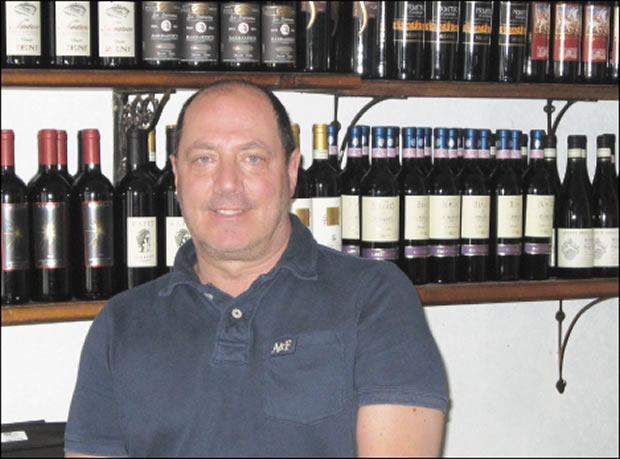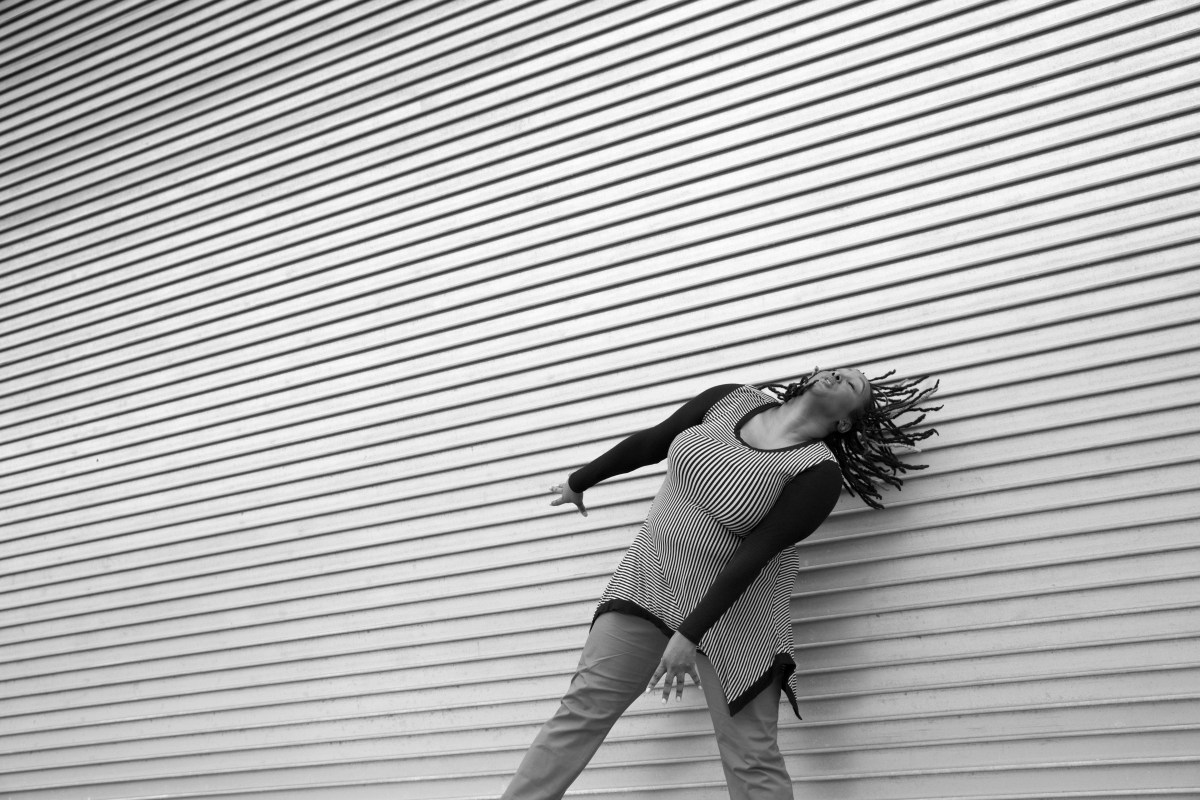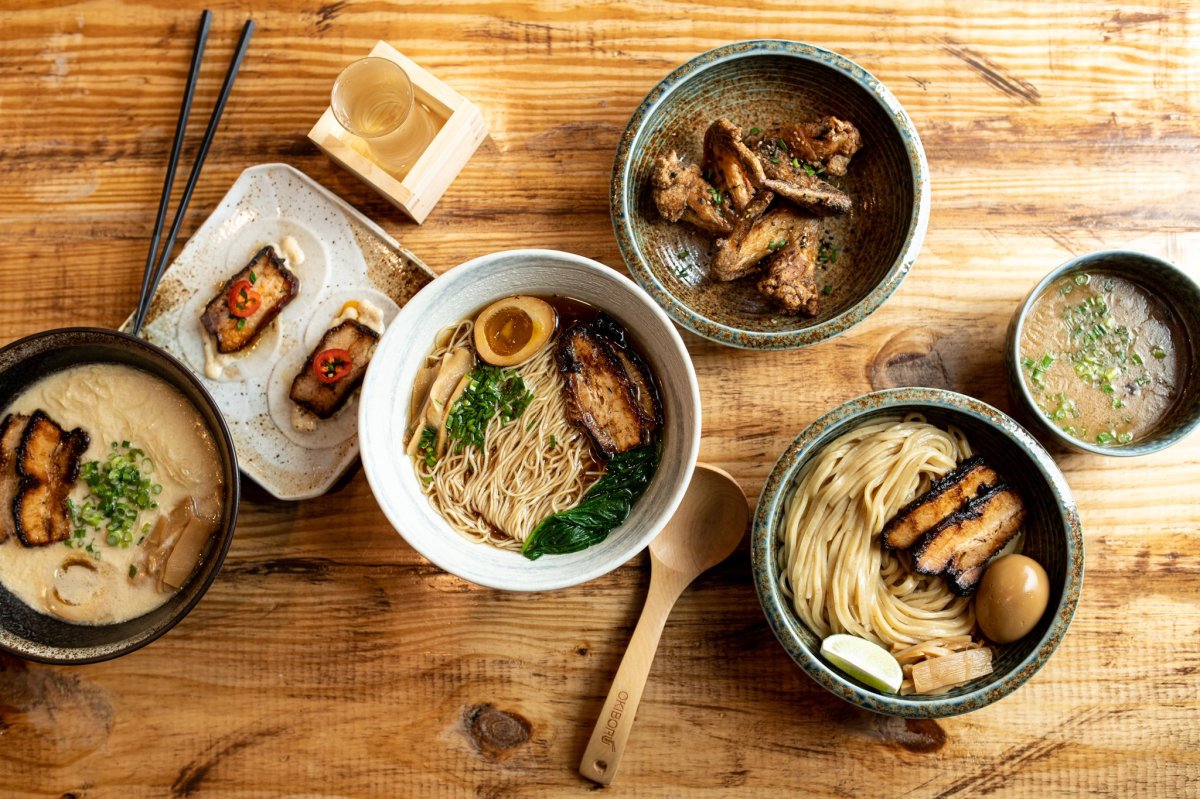BY Joseph Rearick
When Alberto Baudo took over ownership of Acqua Restaurant, he remembered something his mother told him when he was just a boy in Rome. She told him one ingredient was essential to preparing good food: love.
“For years I didn’t get it,” said Baudo recently in his restaurant, located at 21 Peck Slip. “Then one day you wake up and understand. If you don’t make it with love, it doesn’t taste as good.”
It was love for authentic Italian food that convinced Baudo to purchase Acqua from two Italian doctors in 2008. After spending the first half-century of his life in Rome, he missed the tastes of his homeland, despite the plethora of restaurants that served Italian food.
“I said, ‘What happened to authentic Italian cuisine?’ I believe that when Italian immigrants came over, they were accommodating—too accommodating I believe—to American tastes in food. I don’t judge; plenty of people love Italian-American cuisine. But it’s not the same.”
So Baudo set out to fill the void his taste buds felt. He wanted to create a restaurant that would reflect the culture of food and wine he cherished because “Italian foods and wines tell a story.” From the tastefully comforting wood of the interior to fresh mozzarella prepared in the kitchen each day, Acqua’s every facet reveals a dedication to authenticity and detail. Pastas are handmade made each day by chefs born in Italy (the spinach Ravioli requires hours of preparation) and wines are selected to match every flavor the menu offers. The result is a taste far from that of an ordinary Italian restaurant, and the effort involved boils down to Baudo’s governing ideal: “passion for food and wine, because in my country, we fight to preserve our history.”
Part of that passion is Baudo’s affection for the ingredients his restaurant uses. He understands the environmental importance of using locally grown products, but is willing to seek out special ingredients from his homeland when he wants a specific flavor.
“We try to work with local farmers; our eggs and our vegetables are certified organic,” he said, “But parmigiano regginano, they just don’t have it.”
Baudo’s attention to history is not limited to his homeland’s culture. He loves his business’s location in “the oldest corner in New York” and has collected a number of prints and sketches that depict the South Street Seaport and its surrounding area. His menu’s cover recounts the Seaport’s story, and the restaurant’s pictures display New York’s most recognizable sights. Plus, the location has an aesthetic draw for him: the cobblestones recall the ancient streets of his hometown.
“When I sit outside with my friends,” he said, smiling, “I think it’s Campo de Fiori.”



































